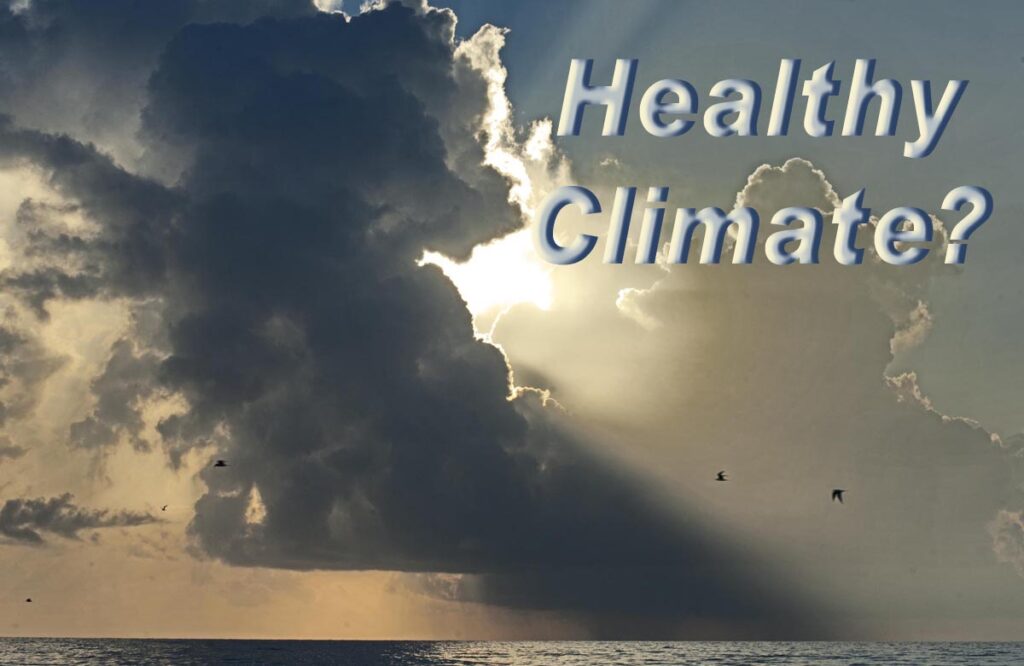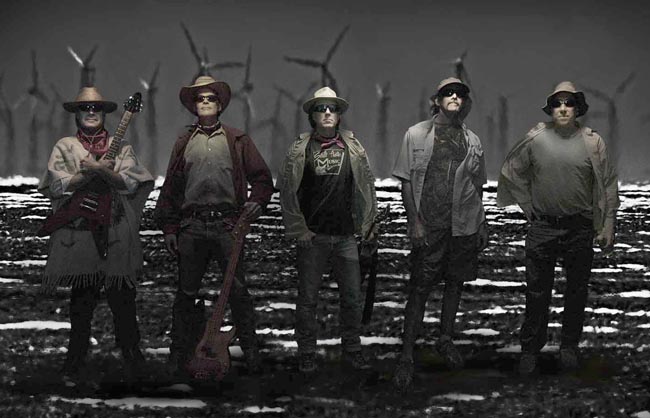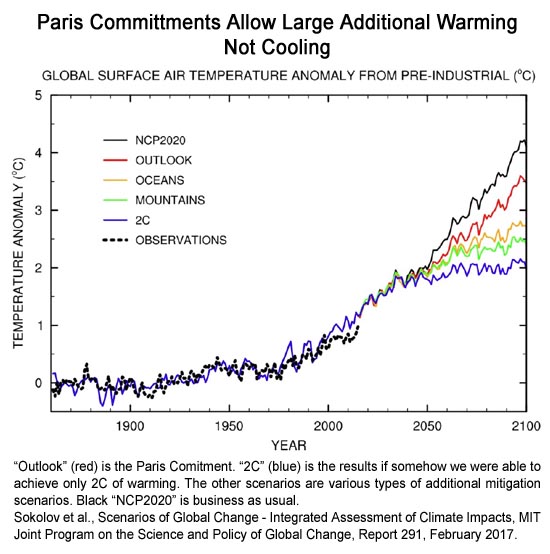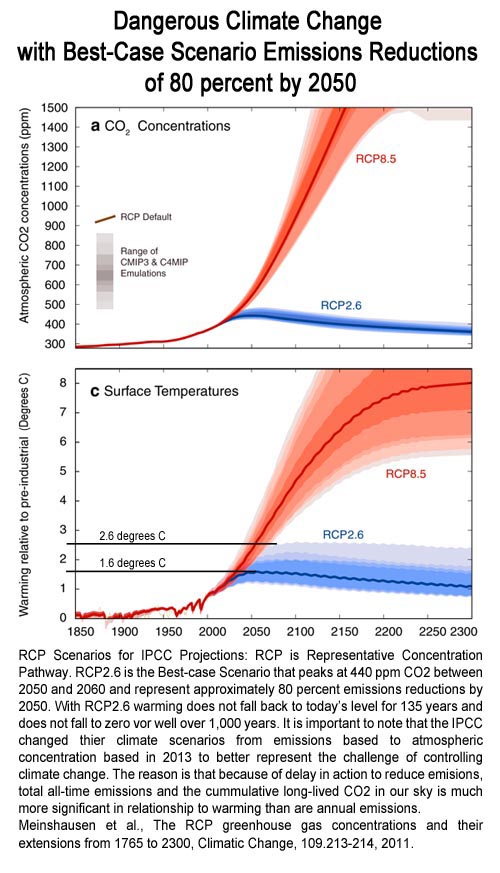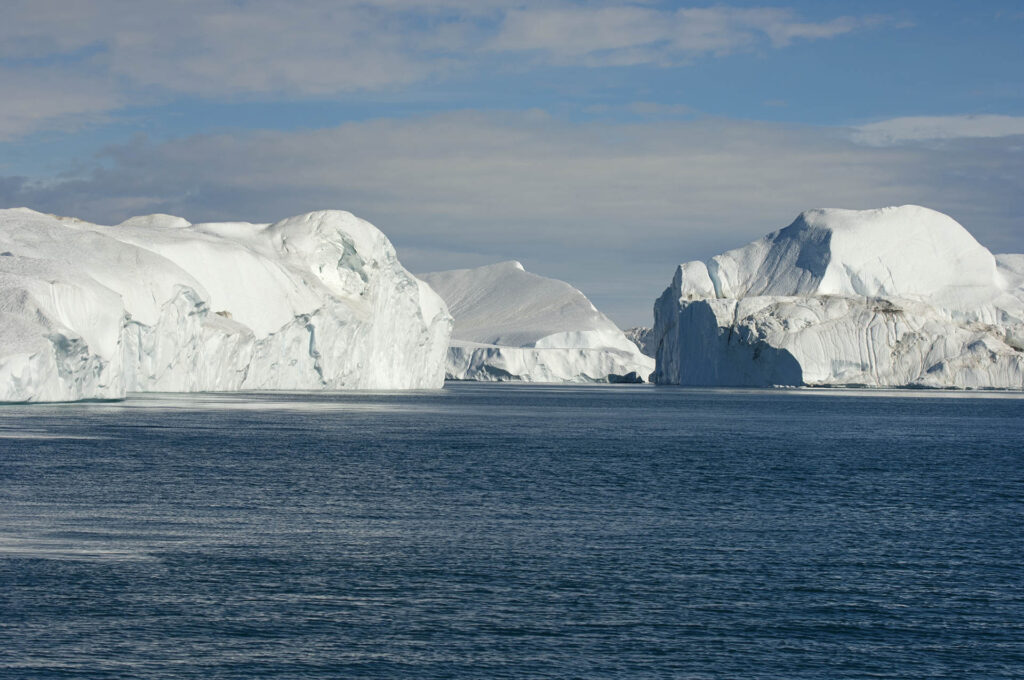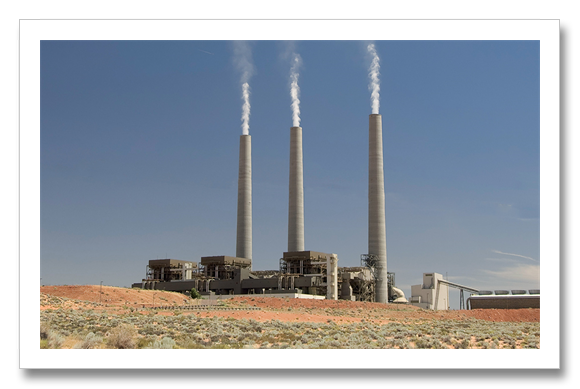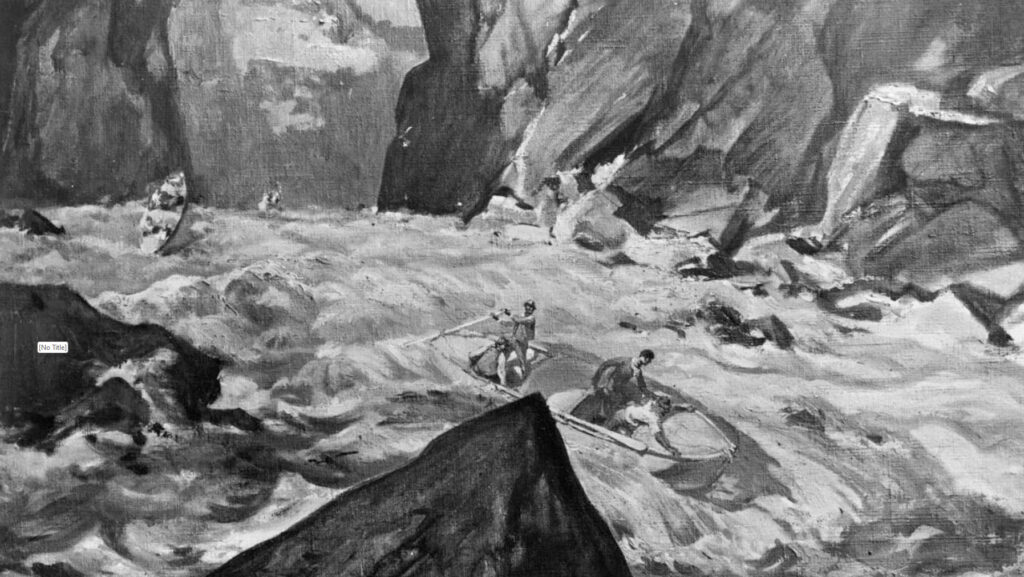
Painting by Henry C. Pitz showing John Wesley Powell and his party descending the Colorado River through the Grand Canyon, presumably during the historic 1869 expedition. (Image credit: Smithsonian Institution, Bureau of American Ethnology, via Yale Climate connections) When will climate change turn life in the U.S. upside down? Intensifying extreme weather events and an…




